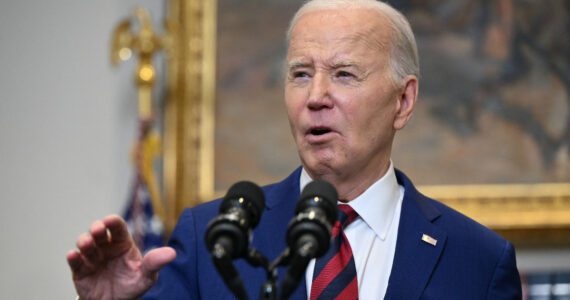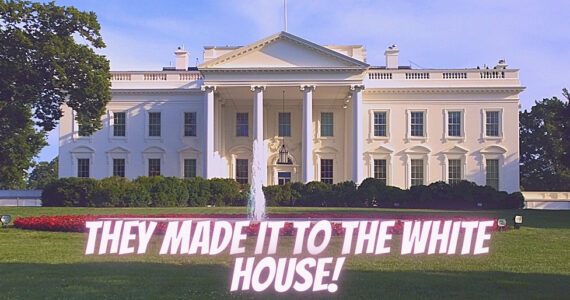The Alliance of Sahel States (AES), formed by Mali, Niger, and Burkina Faso in September 2023, is reshaping the political and economic landscape of West Africa. This military and economic alliance emerged following the nations’ withdrawal from the Economic Community of West African States (ECOWAS) in early 2024. Facing security threats, economic instability, and political pressure from Western nations and regional bodies, these three countries have set a new path toward self-reliance and sovereignty.
With policies focused on corporate taxation, natural resource management, judicial reforms, and national identity, the AES is asserting itself as a formidable force in West Africa.
Historical Context: A Response to Regional and Global Pressures
The AES was born out of a deep mistrust of ECOWAS and Western intervention, fueled by years of military coups, insurgencies, and economic exploitation. Between 2020 and 2023, all three member states experienced military takeovers, which led to suspensions from ECOWAS and sanctions from France and the European Union.
Instead of capitulating, these nations doubled down on their anti-colonial stance, rejecting France’s military presence and severing economic ties that had long placed them at a disadvantage. With the creation of AES, they established a joint military and economic framework, marking a historic shift away from Western influence in the region.
Economic Policies: Corporate Taxes and Resource Management
The Sahel region is rich in natural resources, particularly gold, uranium, and oil, yet its people remain among the poorest in the world. The AES aims to take control of its wealth and restructure corporate tax policies to ensure that profits benefit local economies rather than foreign corporations.
- Corporate Taxes and Mining Sector Reforms
AES members are tightening control over mining operations, which have historically been dominated by French, Canadian, and Chinese companies. In Mali, the government detained executives from foreign mining firms to enforce higher taxes and profit-sharing agreements, signaling a new era of economic nationalism. Similarly, Burkina Faso revised its mining code, increasing the state’s stake in mining companies and requiring foreign firms to contribute to the national gold reserve. The government has also nationalized key gold mines and revoked licenses from companies failing to comply with new regulations. - Energy and Natural Resources
AES countries are also moving to nationalize energy sectors, prioritizing domestic electricity production and infrastructure. By harnessing their uranium reserves, Niger, in particular, is working to reduce its dependence on France’s nuclear industry, which has long relied on Nigerien uranium while offering little benefit to the local population. - A Common Currency Initiative
One of the AES’s most ambitious projects is the creation of a common currency, designed to replace the CFA franc, a colonial-era currency controlled by France. A locally managed currency would give these nations full financial sovereignty, allowing them to break free from Western-dominated financial institutions.
Cultural Reforms: Removing Colonial Influences in Governance and Law
The AES is not just focused on economic independence but also on dismantling colonial structures that persist in judicial and governance systems.
- Judicial Overhaul
The alliance is working to replace French-style legal codes with customized judicial systems that reflect local traditions and values. This includes revising land laws, ensuring that foreign corporations cannot exploit resources without state approval. - Symbolic Reclamation
To further erase colonial influence, AES governments are renaming streets, cities, and public institutions that previously honored French colonizers. This effort seeks to reclaim cultural identity and instill national pride among citizens.
Identity and Integration: A New Passport and National Flag
The AES is actively forging a unified regional identity, marking a clear break from ECOWAS and colonial affiliations.
- Common Biometric Passport
In September 2024, the AES introduced a joint biometric passport, making travel between Mali, Niger, and Burkina Faso seamless. This move enhances regional mobility and trade, further integrating the member states. - A New Alliance Flag
The AES unveiled its official flag in February 2025, symbolizing unity, resistance, and sovereignty. The flag’s design represents the resilience of the Sahel people and their commitment to economic and military self-determination.
Global and Continental Impacts
The AES’s rise is challenging traditional power structures in West Africa, and its effects are being felt both on the continent and globally.
- A Challenge to ECOWAS and African Unity
By withdrawing from ECOWAS, AES has fractured regional cohesion, forcing other African nations to reevaluate their alliances. If the AES succeeds, it could inspire other nations to follow suit and form new blocs that prioritize African-led development over Western influence. - Western and Russian Influence in the Region
The AES has aligned itself more closely with Russia, cutting ties with French and U.S. military support. This shift is reshaping geopolitical dynamics, as Russia continues to expand its influence in Africa, particularly through military partnerships. - Economic Independence from France and the EU
The alliance’s rejection of the CFA franc and its crackdown on foreign resource extraction threatens French and EU economic interests in West Africa. This could lead to retaliatory measures, including sanctions or trade restrictions.
Final Thoughts: Why the AES Matters
The Alliance of Sahel States is more than just a military pact—it is a bold declaration of independence from Western control, a blueprint for economic self-sufficiency, and a cultural reclamation movement. If successful, the AES could reshape the future of West Africa, challenging traditional power structures while offering a new model for regional unity. However, it faces major obstacles, including Western resistance, economic instability, and the challenge of maintaining internal unity.
As the AES expands its influence, the world will be watching. Will this alliance mark the beginning of a new era for African sovereignty, or will external pressures force it into submission?
What are your thoughts on the Alliance of Sahel States? Do you think more African nations will follow its lead? Drop a comment and let’s discuss!
Follow MEFeater on Twitter, Instagram, Facebook, and Pinterest for more updates on global politics, culture, and history!









